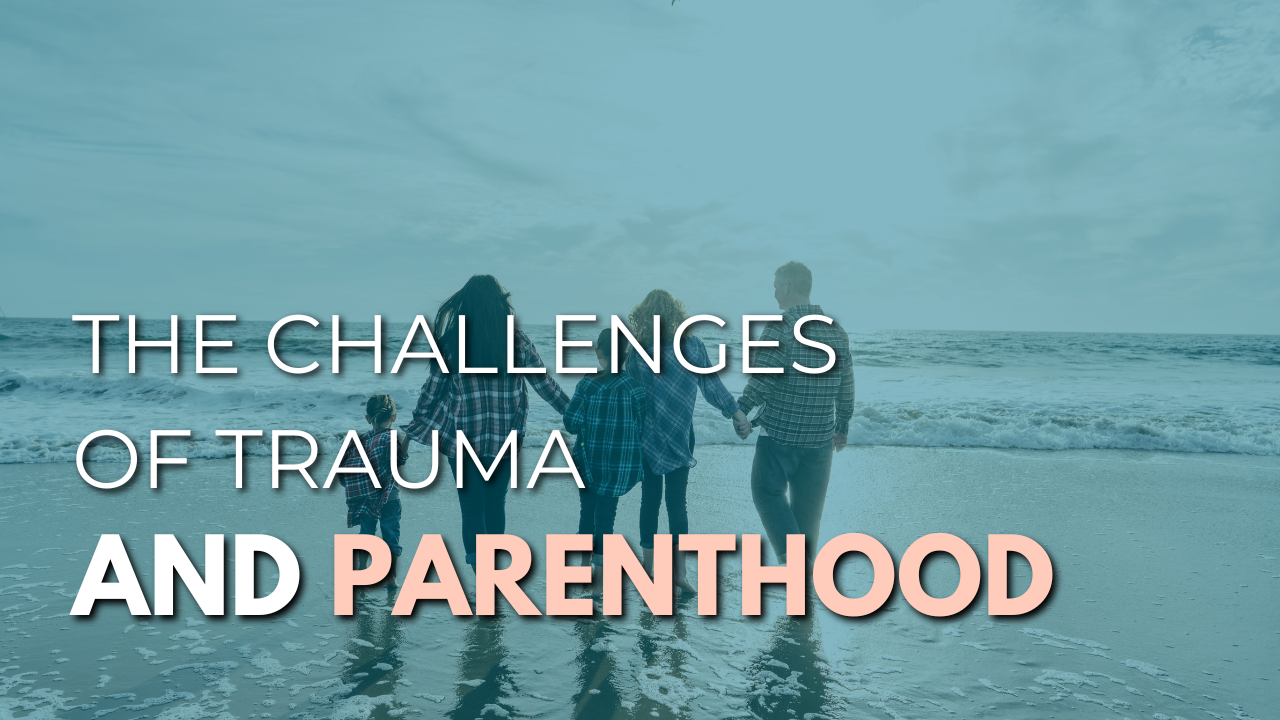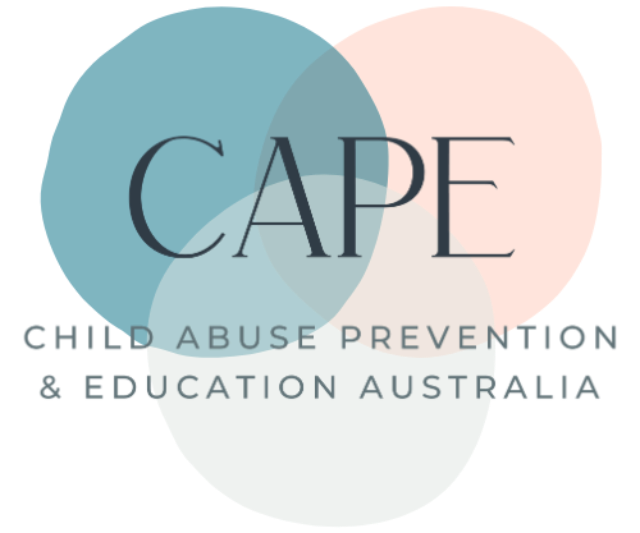The challenges of trauma and parenthood
Jan 09, 2025
Parenthood comes with a range of highs and lows, but for those who carry trauma, parenting can be uniquely challenging. Experiences like childhood abuse and sexual abuse, neglect, or witnessing domestic violence can leave lasting scars that impact the way we approach caregiving, sometimes triggering old wounds.
There is no in-built guidebook to parenting. We don’t become experts overnight knowing how to parent and quite often its baptism by fire.
Parenting is often difficult and challenging and combining it with trauma can add complexities we didn’t even realise before our beautiful children graced our lives.
I remember when my daughter was a tiny little newborn and having a moment of fear that I wouldn’t be able to keep her safe. That I wouldn’t be able to ensure she developed into a confident, brave, happy adult.
All those fears were completely unreasonable at the time being that she was with me 24/7 and I was only just starting out my parenting journey, but those fears were due to my trauma and my overwhelming need to ensure she didn’t have the same childhood traumas that I did.
The one thing that I learnt in my time as a police officer is that in every moment, we get to choose different experiences and responses than our parents. We get to make better choices, and we get to change the story for our children.
Understanding Trauma Responses in Parenting
When we face situations that resemble our past traumas, our brains can go into “fight, flight, or freeze” mode. These responses can manifest in parenting as extreme fear or hypervigilance, which might look like being overly cautious, overly reactive, or deeply anxious about our child’s safety. Recognising these triggers is essential, as understanding them can help us break cycles of anxiety and overreaction.
Practical Strategies for Managing Trauma While Parenting
- Self-Compassion and Understanding: Recognise that your responses come from a place of past pain. Embrace self-compassion and remind yourself that these responses are not flaws but natural reactions.
Owning those responses and experiences really has helped me in changing my reactions. Talking about them with safe friends and professionals has also been a transformative experience. I also shared my reasons for those reactions in age-appropriate ways throughout my daughter’s childhood.
NOTE: It’s not always appropriate to share but when she was old enough and I would have a reaction or be triggered, I would repair with my daughter by apologizing and explaining why I reacted that way. It gave her clarity and helped her understand that my reaction and responses weren’t due to her or her behaviours and were my responsibility, not hers.
- Seek Support: Therapy, particularly trauma-focused therapy, can offer you ways to understand and reframe your responses. Support groups for trauma survivors can also provide camaraderie.
I wouldn’t have survived parenting and parenthood without therapy. Please don’t underestimate the importance of it. I also would like to mention that psychologists, counsellors and therapists are not ‘one size fits all’ and you should never stick with someone you don’t feel comfortable with or if they are not the right fit. Keep trying until you find the right one. - Mindfulness Techniques: Practising grounding techniques, like deep breathing or physical grounding, can help when you feel overwhelmed. These methods help you manage moments of panic and keep focus on the present moment.
I struggle with this but spending time in nature and doing soft and gentle exercise like yoga has been a god send for me. Sometimes when I didn’t have time all I could manage was a long, hot shower or bath and that could be helpful too. However, you do it, carve out time to do something that helps fill your cup.
SOMETHING ELSE TO CONSIDER: I also want to make mention that whilst we think and believe our trauma is safely put away in a little box called ‘shit I’ve already dealt with’ or my favourite, ‘I don’t want to think about anymore’, often our children come along and rip that box open.
It might not happen straight away, but often around the age we were when our own trauma occurred (if it was a specific age) or if there was a specific traumatic event, that shit will resurface like it happened yesterday.
It happened to me multiple times when my daughter reached certain ages when traumatic events happened for me. It made me more reactive, less patient and less tolerant and it wasn’t until I identified the reasons for this, was I able to better manage it and seek help.
Be mindful this could also happen to you. It increased my anxiety until I recognised why which made me feel like I was failing as a parent. This was obviously NOT the case, but it can feel like we are ‘bad’ parents because something that wouldn’t have been a problem previously is suddenly causing so much anguish by pushing buttons you didn’t even realise you had.
Parenting while managing trauma is hard work, but by acknowledging and addressing these feelings, you create a pathway to healing, not only for yourself but also for the family you’re nurturing.
Taking back control of your trauma means it doesn’t bleed onto your children! But please know and remember you are also human and not having it all together or under control is ok too.
The fact you give a shit and love your kids is the most important thing!
Kristi x


